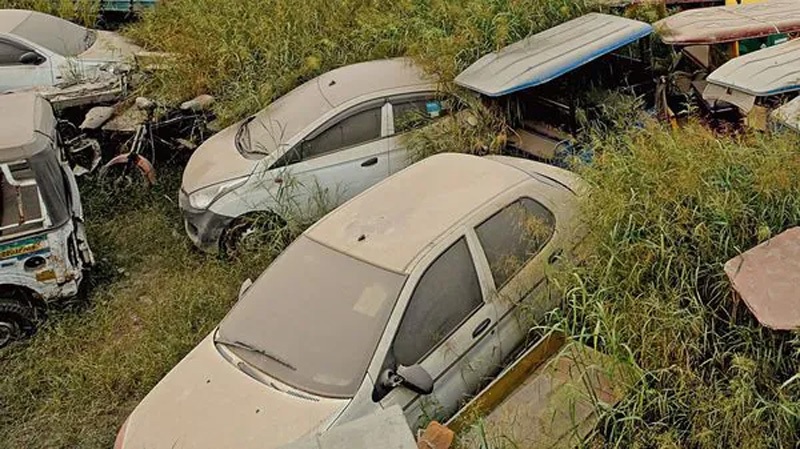J&K’s Scrappage Policy Hits a Roadblock
The Jammu and Kashmir administration’s vehicle scrappage policy, designed to remove outdated vehicles from the roads and promote environmental sustainability, has hit a significant roadblock. The absence of Registered Vehicle Scrappage Facilities (RVSFs) is the primary hurdle, undermining the policy's ambitious goals and highlighting infrastructural gaps in the region.
The Union government's push for a cleaner environment through vehicle scrappage is commendable. However, its success relies heavily on the establishment of RVSFs to ensure proper disposal and recycling of old vehicles. Without these facilities, the policy risks becoming another well-intentioned but poorly implemented initiative.
The situation raises questions about the government’s preparedness in implementing large-scale reforms. Why announce a policy without laying the groundwork for its execution? The lack of RVSFs is not merely an administrative lapse but a missed opportunity to generate employment and bolster the recycling industry in Jammu and Kashmir.
Moreover, outdated vehicles continue to ply the roads, contributing to pollution and jeopardizing road safety. The delay in implementing the scrappage policy reflects a deeper challenge: the inability to balance visionary plans with practical execution.
The administration must expedite the establishment of RVSFs, either by attracting private investments or by allocating public funds. Public awareness campaigns are also essential to ensure widespread participation. Without swift action, the policy will remain stalled, and its benefits—environmental, economic, and social—will remain unrealized.
Jammu and Kashmir deserves better than half-baked reforms. The government must move beyond announcements and focus on tangible infrastructure to fulfill its promises.

